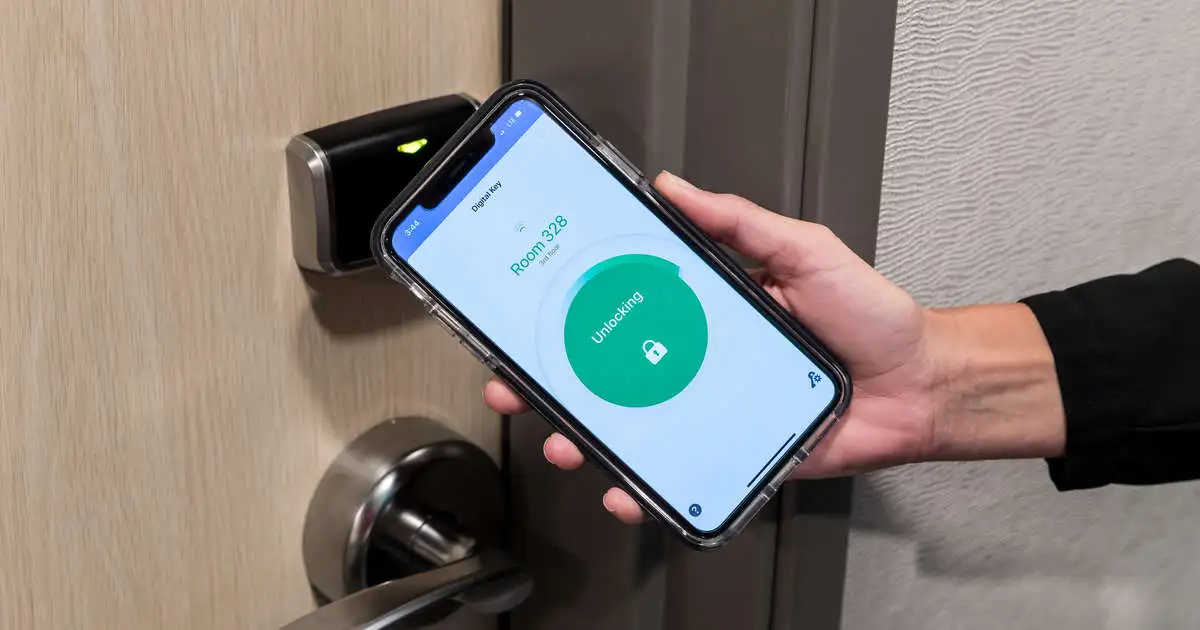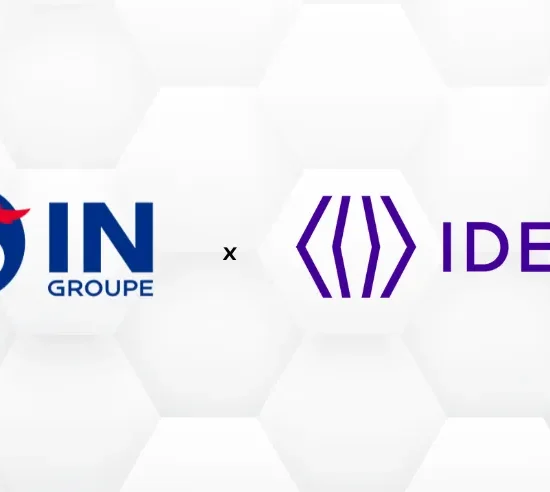
Katch International & Keane MEA Release White Paper on AI Evolution in Hospitality
Leading up to Future Hospitality Summit 2024, Katch International and Keane unveil their informative White Paper on the evolving role of technology in the hospitality industry. Compiled over several months, it features expert insights from CEOs, industry leaders, and business owners, shedding light on how AI is revolutionizing hospitality operations. AI Evolution in Hospitality
The report aims to clarify misunderstandings around AI and highlights the real value it can bring to the guest experience and operational efficiency. Collectively, the interviews reveal a clear ‘triad of intelligence’, where artificial intelligence, emotional intelligence, and relationship intelligence work together to drive successful investments.
Here are some key trends mentioned in the report:
1. Sustainability Takes Centre Stage:
- Hotels are prioritizing eco-friendly designs, using sustainable materials, energy-efficient technologies, and green practices to meet the growing demand from eco-conscious travelers.
- Practices like using local materials, offering green transport options, and embracing renewable energy are becoming essential for the future success of hotels.
2. Local Food, Materials & Culture:
- Travelers are seeking immersive local experiences, and hotels are responding by incorporating local food, materials, and culture into their offerings.
- Partnering with local artisans and farmers and creating hyperlocal menus help foster a deeper connection between the guest and the destination.
 3. Technology Meets Transformation:
3. Technology Meets Transformation:
Here are some of the ways technology is transforming hotels:
1. Smart Rooms and Personalized Experiences
- Internet of Things (IoT): IoT devices allow hotels to create smart rooms that respond to guests’ needs in real-time. Guests can control room temperature, lighting, and even curtains with voice commands or apps. For example, some hotels offer voice-controlled lighting systems that can change color and intensity based on the guest’s mood, like the “mood rooms” at the Nordic Light Hotel in Stockholm.
- Artificial Intelligence (AI): AI is being used to personalize guest experiences on a deeper level. AI systems can anticipate needs by analyzing guest preferences and behavior from past visits, offering tailored room settings or suggesting activities and dining experiences. This hyper-personalization creates a customized stay that makes each guest feel unique.
- Smart Concierge Services: Devices such as in-room tablets or voice assistants (like Amazon Alexa or Google Assistant) allow guests to request services, control entertainment, or even order room service with simple voice commands or touch interactions.
2. Virtual Reality (VR) and Augmented Reality (AR)
- Immersive Experiences: VR and AR are being used to enhance the guest experience by bringing destinations and activities to life. Some hotels offer VR headsets for poolside entertainment, allowing guests to “dive” into virtual coral reefs or participate in VR fitness classes.
- Immersive Dining: AR has also made its way into dining, where interactive dining experiences turn the meal into a spectacle. For example, restaurants are using AR to project stories or animations onto the dining table, making each course a visual delight. Le Petit Chef is an example of a culinary journey enhanced with AR, where food is presented alongside creative projections.
3. Robotics in Hospitality
- Robotic Assistance: Advanced robotics are increasingly being used to deliver seamless, personalized services. The Henn-na Hotel in Japan is a well-known example, where the hotel is almost entirely run by robots. These robots can handle tasks like check-in, luggage assistance, and room service. In-room robots can also perform concierge functions, adjusting room settings and even recommending activities based on guest interactions.
- Room Automation: Some robots are designed to adjust the guest’s environment based on their physical comfort. For instance, sensors can detect body heat and adjust room temperatures accordingly. This not only enhances guest comfort but also contributes to energy efficiency.
4. Event Spaces Enhanced by Technology
- Immersive Event Spaces: Technology is revolutionizing traditional hotel ballrooms and conference rooms. The W South Beach in Miami, for example, has a ballroom equipped with 360-degree projection technology. This allows hotels to create customized immersive environments for events, from corporate functions to weddings, turning the space into any setting imaginable with visual and audio effects.
- Fitness and Wellness Experiences: Hotels are also leveraging technology to improve fitness facilities by offering VR fitness classes or immersive wellness programs. Virtual trainers can lead guests through workouts in themed environments, providing a unique fitness experience that extends beyond the typical gym setting.
5. Sustainability Through Tech Innovation
- Energy-Efficient Technologies: Many hotels are integrating smart energy solutions like automated lighting and temperature systems that adjust based on room occupancy. This helps hotels reduce their environmental impact while maintaining guest comfort.
- Sustainable Design: Hotels are adopting energy-efficient appliances and systems such as LED lighting, solar panels, and geothermal heating to minimize carbon emissions. These tech-forward solutions not only appeal to eco-conscious travelers but also reduce operational costs.
6. Seamless Connectivity and Guest Interaction
- Mobile Apps: Hotels are now offering mobile apps that allow guests to check in, unlock their room doors, order services, and access personalized recommendations—all from their smartphones. This level of convenience is becoming an industry standard, enhancing the overall guest experience.
- Contactless Services: Post-pandemic, the demand for contactless services has increased significantly. Guests can now check in remotely, make payments via mobile wallets, and control room settings without ever touching a surface, providing a more hygienic and efficient experience.
7. Blending Old-World Charm with Modern Technology
- Despite the push for cutting-edge technology, many hotels are finding ways to balance tech-forward features with traditional aesthetics. For instance, Eccleston Square Hotel in London has Grade II-listed architecture, but inside, it offers state-of-the-art technology such as TVs embedded in bathroom mirrors, smart glass shower walls, and in-room iPads that control everything from lighting to concierge services. AI Evolution in Hospitality
Technology is no longer just an added luxury in hospitality but a core driver of the modern hotel experience. The challenge for hoteliers is to integrate these innovations in ways that enhance the guest experience without overshadowing the human touch that makes hospitality special.
4. Extraordinary Experiences:
- Beyond luxury, hotels are focusing on crafting unique, meaningful experiences that leave a lasting impression on guests. From immersive culinary experiences to pop-up events and collaborations with luxury brands, personalization is key. AI Evolution in Hospitality
Extraordinary experiences, such as private access to cultural events and experiential dining, are increasingly valued over material possessions.
5. Wellbeing Woven Into the Fabric:
- Wellness is a dominant trend, with hotels integrating well-being into every aspect of the guest experience. Mindfulness, nature, and wellness programs are vital in attracting health-conscious travelers.
- Features like spa-like bathrooms, personalized fitness programs, and holistic health offerings are being emphasized. AI Evolution in Hospitality





 3. Technology Meets Transformation:
3. Technology Meets Transformation:



